Resources
All the latest updates, podcasts, tools, and online guides to help facilitate your computer science classroom experience, in-person or online.
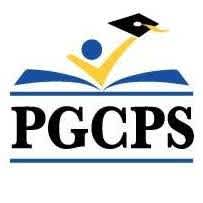
Amazon Partners With Prince George’s Schools to Fund Elementary School Computer Science
Amazon and BootUp are teaming up with Prince George’s County Public Schools to fund computer science education at 132 elementary schools throughout the county.
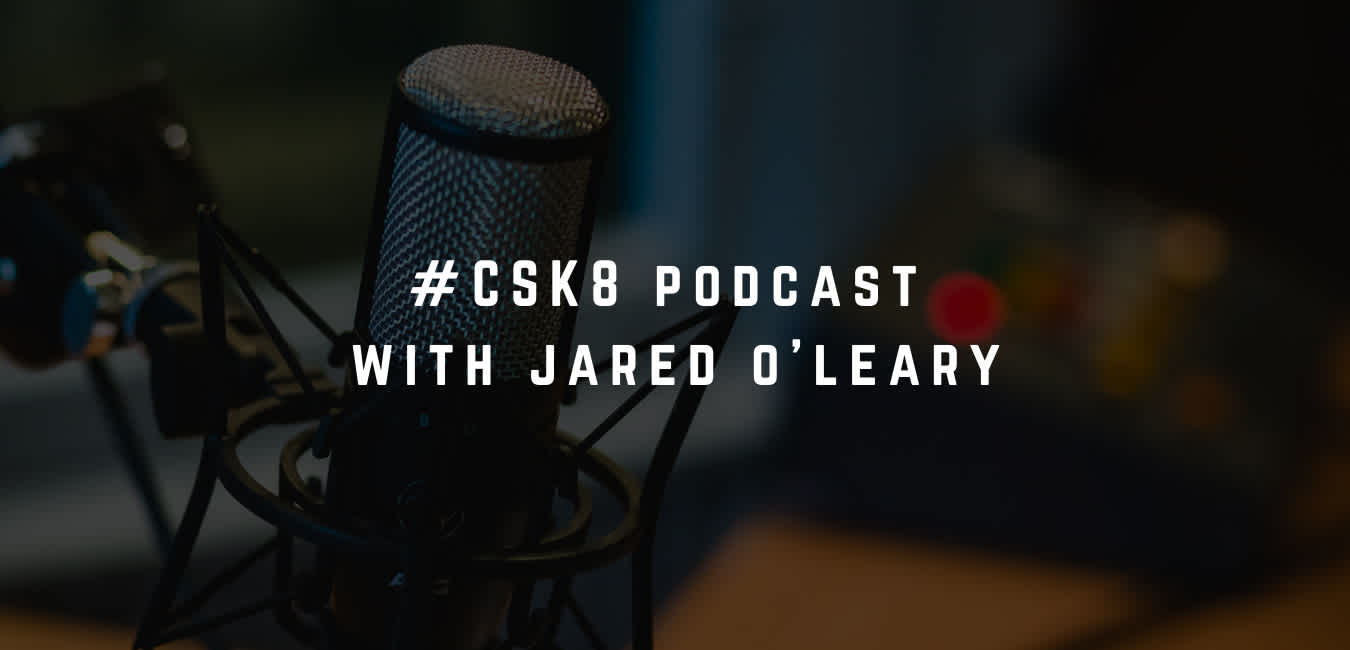
Lessons Learned Researching Computational Thinking with Stacie Mason and Peter Rich
In this interview with Stacie Mason and Peter Rich, we discuss recommendations for introducing and integrating computational thinking in the classroom, the importance of contextualizing computational thinking within coding practices, peer and family influence on learning to code and to think computationally, lessons learned by researching coding and computational thinking, our perspectives on whether computer science and coding should be a mandatory subject, and much more.

I Can't Breathe
Rather than listen to this week’s planned unpacking scholarship episode, please take the time to learn from the anti-racism resources in the show notes, then share and respectfully discuss them with others.

Robotics and Physical Computing with Brenda Bass
In this interview with Brenda Bass, we discuss advice for educators interested in getting started with robotics or physical computing, considering equity and access with robots and physical computing devices, how to learn more about robotics and CS without a background in either area, and much more.

Interested In Class, But Not In The Hallway: A Latent Class Analysis (LCA) of 2015-16 CS4All Student Surveys
In this episode, Jared O'Leary unpacks Graves and DeLyser’s (2017) article titled “Interested In Class, But Not In The Hallway: A Latent Class Analysis (LCA) of 2015-16 CS4All Student Surveys,” which highlights that although many of the 1,525 survey respondents expressed an interest in computer science in the classroom settings, they did not choose to engage in CS outside of the classroom.
Other Resources
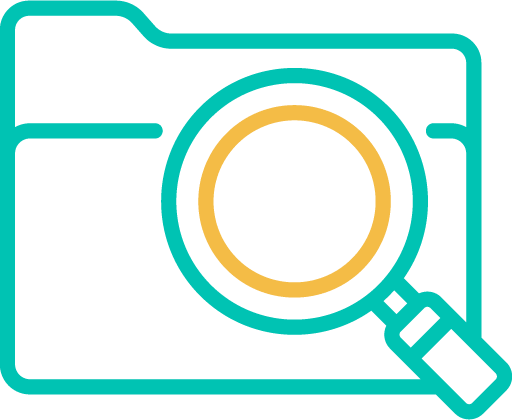
Integration Studios
In addition to the integration suggestions in our lesson plans and our discussion forum, our Scratch account has several studios that demonstrate the potential for integrating projects with Scratch.
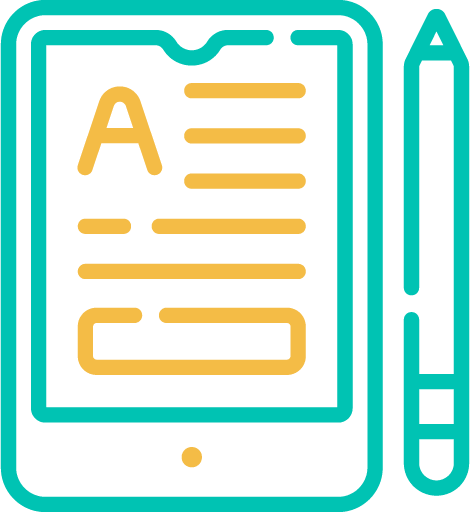
Complete List of Lesson Plans
Use this document to quickly access all of our ScratchJr and Scratch lesson plans and coder resources.
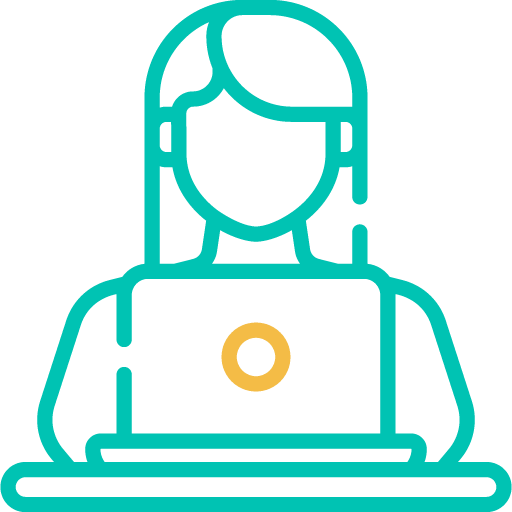
Unplugged Resources
This spreadsheet is a curated list of more than 100 unplugged lesson plans and resources for elementary coders.
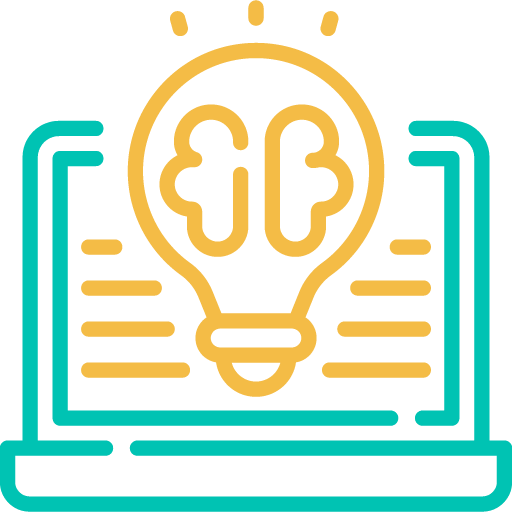
Remote Learning Resources
We’ve compiled some resources to help districts, teachers, and families cope with the rise of school closures around the nation.
